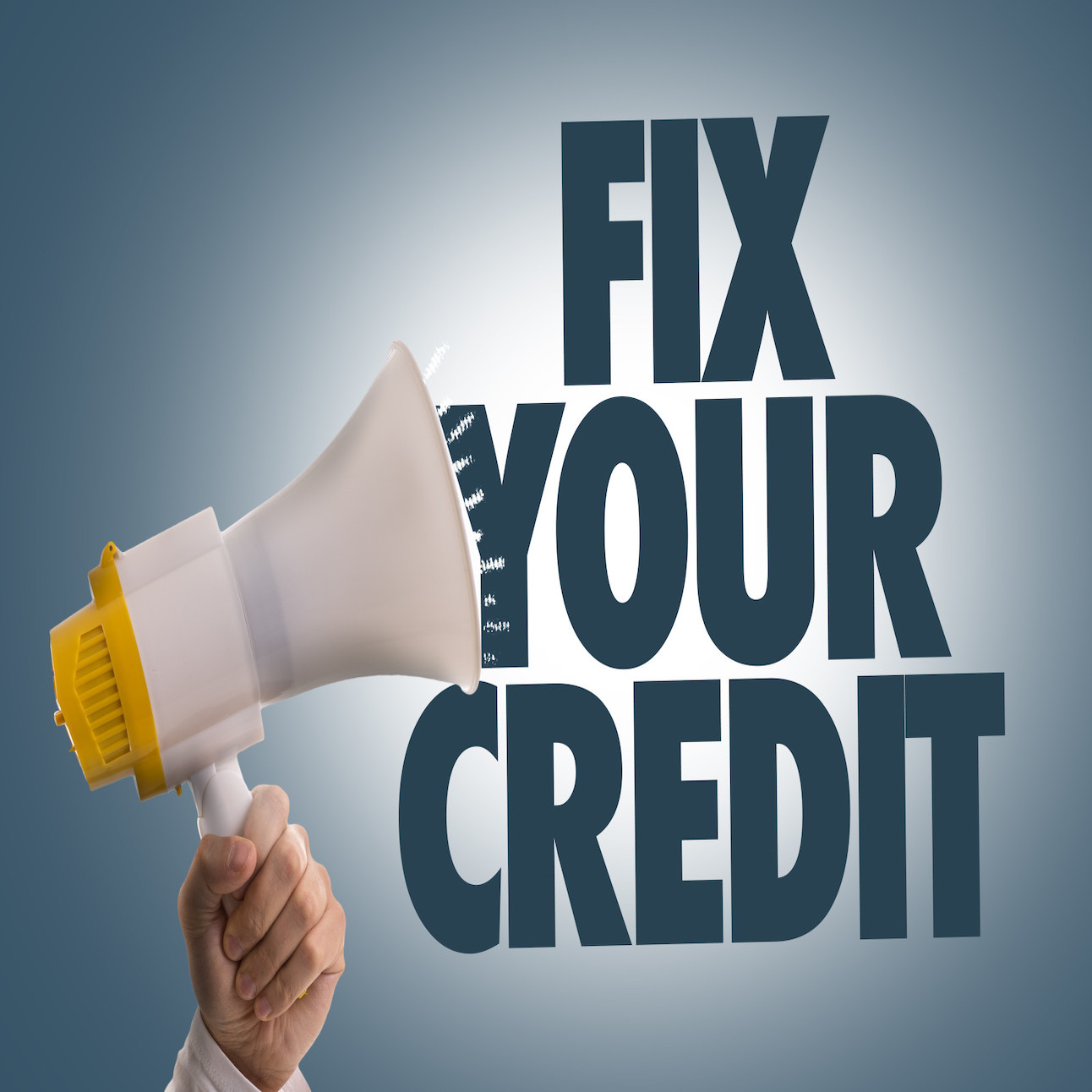
More and more Canadians are relying on their credit cards. That means they’re running into more and more debt. On average, Canadians have a balance of over $2,000. But it’s important to keep a high credit score so that you’ll be able to qualify for things like mortgages. Are you wondering how to get your credit score back on track? We can help. Let’s go through how to boost your credit score quickly.
Check Your Credit Report
Obtain a free copy of your credit report from one of the two major credit bureaus in Canada, Equifax or TransUnion.
Carefully review each credit report for accuracy and completeness. Check personal information, account details, payments, and any other relevant information. Pay attention to any discrepancies, errors, or suspicious activity.
If you find any errors on your credit reports, file a dispute with the credit bureau reporting the inaccurate information. Provide supporting documentation to back up your claim.
The credit bureaus are required to investigate and correct any errors within a reasonable timeframe. Resolving problems your find on your credit report will help improve your credit score.
Stay vigilant about your credit score by monitoring it regularly. You can use credit monitoring services or free online tools to track changes and identify areas for improvement.
Pay Your Bills on Time
Your payment history is a major factor in determining whether you have a lower or higher credit score. Paying your bills on time demonstrates to lenders and credit bureaus that you are a responsible borrower. Late payments, on the other hand, can damage your credit score.
Utilize reminders to help you stay on top of your bill payments. You can use smartphone apps or calendar alerts. You can also try physical reminders, like Post-it notes. Setting reminders ensures that you don’t miss any due dates.
Creating a solid budget helps you manage your manage effectively. Allocate funds for bill payments, ensuring you have enough to cover all your obligations. By keeping careful track of your income and expenses, you can prioritize your bills and avoid late payments.
Consider setting up automatic recurring payments for bills that have a consistent amount due each month, such as utilities or subscriptions.
This way, the payment will be deducted automatically from your bank account, reducing the chance of forgetting or missing a due date.
Reduce Credit Card Balances
Your credit utilization ratio, which is the amount of credit you’re using compared to your total available credit, can heavily impact your credit score. Aim to keep your ratio under 30% of your credit limit. If possible, pay down your credit card balances to achieve a lower utilization ratio.
Consider using different debt repayment strategies. With the snowball method, you prioritize paying off the smallest balances first.
On the other hand, when using the avalanche method, you tackle the highest interest-rate debts first. Both methods can help you gain momentum and pay off your credit card balances faster.
While working on reducing your credit card balances, avoid adding new charges to your cards whenever possible. Focus on paying down your existing debt rather than accumulating more.
If you have high-interest credit card debt, you might explore the option of a balance transfer to a card with a lower rate. This can help you save on interest charges while paying down your balances more effectively.
Maintain a Mix of Credit Types
Having a diverse mixture of credit, such as credit cards, cash loans, and a mortgage, can help raise your credit score.
Maintaining different types of credit show lenders that you can handle various financial responsibilities. It indicates that you have experience managing different types of debt, which can increase your creditworthiness.
Different credit types often come with varying repayment terms. By successfully managing multiple credit accounts and making on-time payments, you demonstrate responsible repayment behavior. This positive payment history contributes to a higher credit score.
However, only apply for new credit if it aligns with your financial goals and you can manage it responsibly.
Keep Old Credit Accounts Open
Your credit history length plays a role in determining your credit score. If you have old credit accounts with positive payment history, keep them open, even if you don’t actively use them. Closing these accounts could shorten your credit history and potentially lower your score.
Another benefit of maintaining old credit accounts is that they contribute to your total available credit. Having more available credit can help keep your credit utilization ratio low, which is an important factor in credit scoring models.
Use your old credit accounts occasionally to ensure they remain active. Make small purchases and promptly pay off the balances to maintain a positive payment history.
Regularly review your old credit accounts for any signs of fraudulent activity. Report any unauthorized charges or suspicious transactions to the credit card issuer or lender to protect your credit score.
Be Cautious With Credit Applications
When you’re seeking credit, such as a fast loan Canada or credit card, try to limit the number of applications you submit. Multiple inquiries within a short timeframe can indicate a higher risk to lenders.
Instead, research your options thoroughly and apply selectively. There are no credit check loans out there, too.
Work to Boost Your Credit Score Today
There are a lot of different ways to boost your credit score. It might not be as fast as you would like, but by carefully working towards your goal you’ll achieve it in no time.
Do you need help getting out of the hole? We’ve got you covered. Apply for online loans with King Cash today.


